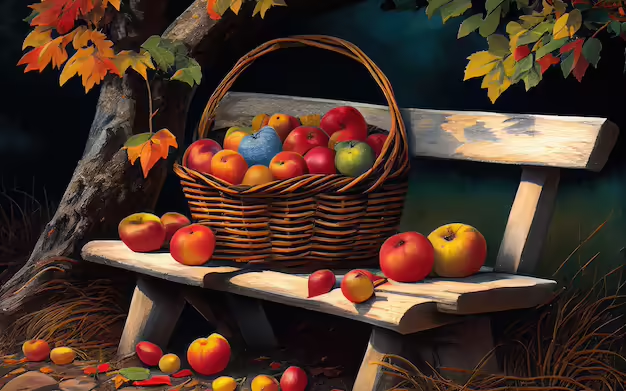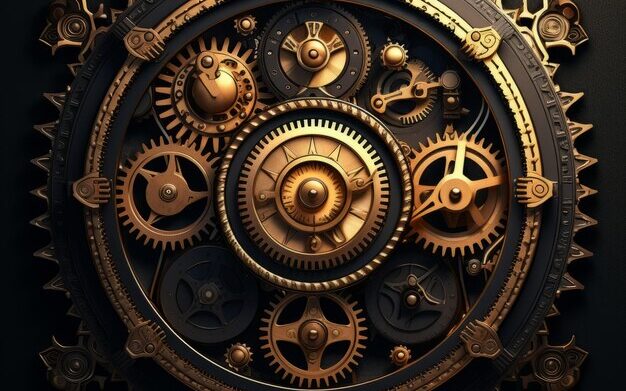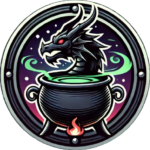The criteria
Everybody has their own preferences when it comes to homebrew content. In order to make our reviews as consistent and transparent as possible we ask ourselves questions about the three main aspects.

Flavour
What is the homebrew’s story? Does it have it’s own niche? Is it connected to the world it is in?

Mechanics
Do the mechanics what the flavour implies? Is it mechanically interesting? Will it slow down your game?

Balance
Will it trivialize the encounters you planned? Will the player that uses the homebrew overshadow their friends?
Flavour
Flavour is the heart and soul of the homebrew and what will make it enjoyable to play with. Usually it is the starting point for creating homebrew an as such it is the glue that holds the whole thing together through its theme. Will your players feel they can embody the class or race? Will your monster feel like a part of your world?
In order to judge whether a homebrew has good flavour we ask ourselves the following questions about it:
Common pitfalls regarding flavour can be having no flavour at all, such as a plain +1 sword. Usually these homebrews are created around a powerfantasy in which numbers go up. Extra AC, to-hit or damage is very exciting with for some time, but if there is no justification for it in the story of the game, it can grow dull very quickly.
Another pitfall can be adding to much narrative weight to the homebrew while it doesn’t play that role in your world, such as a sword which is legendary to a nation that your players do not interact with. While as a DM you don’t always have control over which way your table develops, homebrew that has significance to the players makes it enjoyable to interact with.
Homebrew can also be a bit redundant when there is good quality official content that fulfills the same niche. Running every goblin as a unique homebrew can be somewhot confusing for you as a DM, but absolutely do make their boss a homebrew creature with a flavourful story.
Mechanics
Mechanics are the real meat of the homebrew. Good mechanics let a homebrew do what your players expect and incentivize fun behaviors in players. They minimize the extra bookkeeping and looking up other things that can obstruct the pace of your game.
In order to judge whether a homebrew has good mechanics we ask ourselves the following questions about it:
